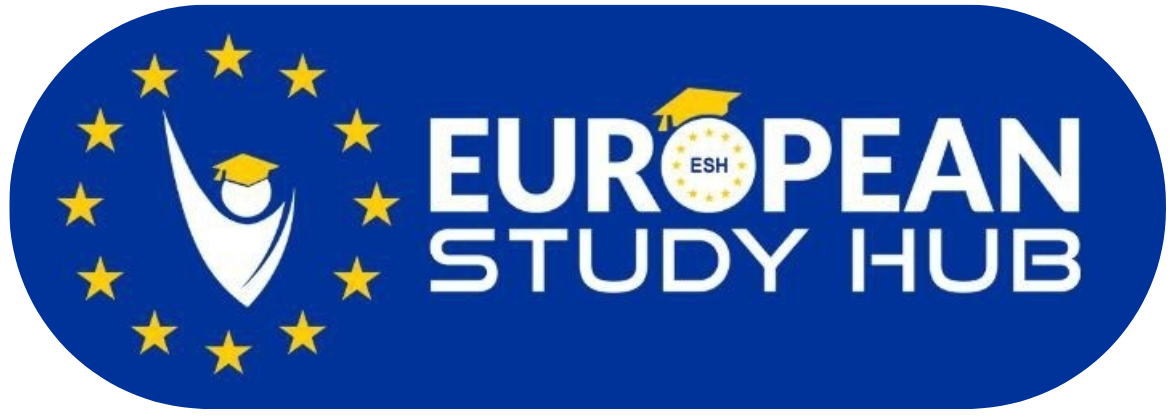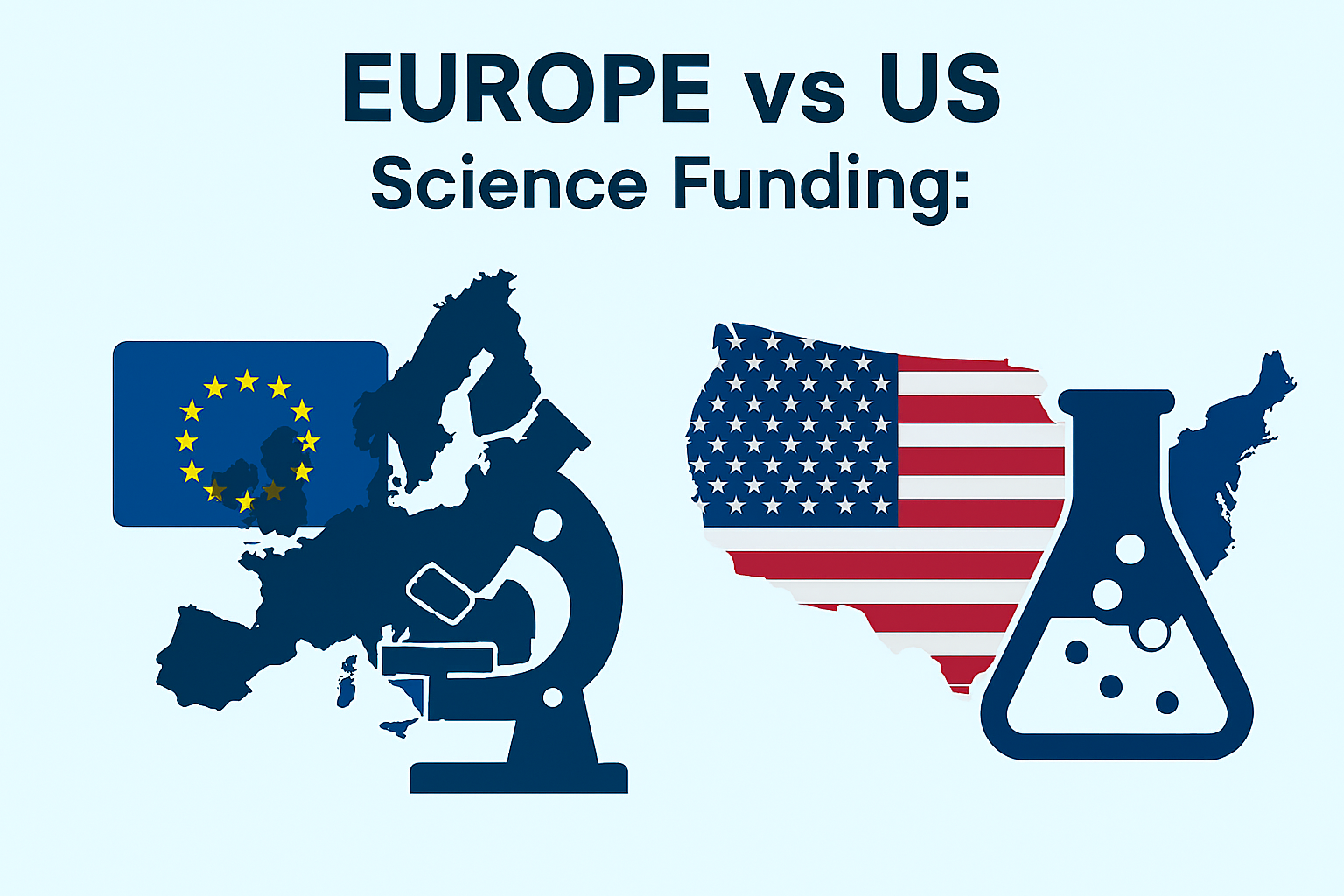Europe Boosts Science Funding While U.S. Researchers Face Cuts
Many scientists in the United States are struggling because the government is cutting back on money for research. This means fewer resources for labs, fewer jobs for young researchers, and delays in important scientific work.
At the same time, Europe is doing the opposite. Countries like Germany, France, and the Netherlands are increasing their support for science. They’re offering more grants, better facilities, and easier visa options for researchers from around the world—including those from the U.S.
One major program, Horizon Europe, has a huge budget of €95.5 billion. It’s designed to support research, innovation, and international teamwork. Thanks to this, more scientists are now looking to Europe for stable careers and better opportunities.
For students and researchers, this is great news. Europe is becoming a top destination for science education and research. Universities offer programs in English, and many are open to international students. Whether you’re interested in climate science, medicine, or technology, Europe has a place for you.
The European Union has launched a significant initiative to attract world-class scientists, researchers, and innovators to Europe. This move follows the United States’ decision, under President Donald Trump, to halt funding for programs tied to diversity, equity, and inclusion (DEI). The initiative was unveiled at the “Choose Europe for Science” event held at Sorbonne University in Paris, a hub for academic excellence.
French President Emmanuel Macron addressed the audience, expressing concern over the US decision to cancel research programs simply for including terms like “diversity.” He also highlighted challenges faced by researchers, such as visa restrictions, which threaten academic freedom. Macron stressed that Europe must serve as a welcoming haven for scientists who prioritize intellectual liberty and cutting-edge research.
European Commission President Ursula von der Leyen joined Macron to announce the EU’s new “super grant” program. This initiative will provide long-term funding to top researchers through the European Research Council (ERC). The EU will allocate an additional 500 million euros (approximately 566 million US dollars) from 2025 to 2027 to the ERC, which already manages a robust budget of over 16 billion euros for 2021–2027. The aim is to position Europe as a global leader in scientific research, innovation, and talent attraction.
Von der Leyen also revealed plans for a new EU law to safeguard the freedom of scientific research. She emphasized that Europe will uphold its core values—diversity, academic freedom, and collaboration—despite global challenges. She described diversity as a cornerstone of scientific progress and human advancement, underscoring the need to protect it.
In response, a White House spokesperson labeled DEI policies as discriminatory, asserting that the US will continue to lead in innovation and draw top talent despite the funding cuts.
The EU’s initiative comes after the US canceled over 380 research grants last month, impacting projects such as combating internet censorship in nations like China and Iran, and collaborating with Indigenous communities on environmental challenges in Alaska. Many of these grants aimed to promote diversity in STEM (science, technology, engineering, and mathematics) fields, sparking protests among US scientists and academics.
Macron announced that France will soon propose measures to boost investment in science and research. He extended an invitation to researchers worldwide who feel restricted in their home countries to relocate to Europe, where they can thrive in an open, innovative, and inclusive environment.
Von der Leyen emphasized that science transcends borders, gender, and politics. This initiative aligns with broader EU strategies, including reducing administrative barriers for researchers, fostering international collaborations, and strengthening partnerships with industries to drive innovation.
Why It Matters for You?
For students, early-career researchers, and academics at European Study Hub, this development opens doors to enhanced funding opportunities, cross-border research projects, and access to world-class scientific networks. Those interested in pursuing research in Europe should explore the European Research Council’s programs and stay informed about upcoming grant opportunities. Stay connected with European Study Hub for the latest updates on how these changes can support your academic and professional journey in science, technology, and innovation.



